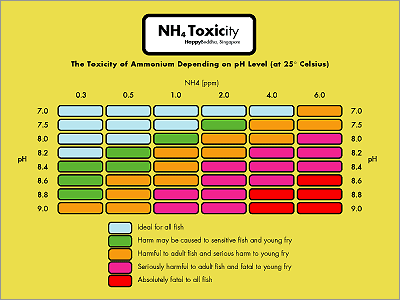Hi guys,
I'm about to leave for christmas break for 4 weeks, so I'm having a friend come over twice a week to feed my fish and clean the tanks when necessary. I recently left for 5 days for Thanksgiving break (a different friend fed them daily), and when I returned, my 10 gallon tank was a disaster. My neon tetras turned white and my beta wasn't swimming. My water was tinted brown.
I panicked and bought a 20 gallon to upgrade to since my tank was fully stocked anyway, so hopefully that will help. I may leave my beta and snails in the 10 gallon to reduce the bio loads further. I've been vacuuming the 10 gal and made the transition to the 20 gal on saturday. Everyone's in the 20 gal except the snails.
When I took water samples to get tested, my nitrates/nitrites were normal, but my pH and hardness were both high. Water hardness I can't change, the water here is naturally very hard, and the pH is naturally slightly basic. I don't know what to do to balance the pH out. It was about 7.8. Is there anything I can do except for let the tanks adjust on their own? I'm leaving in 4 days so there's not much I can do after that.
I have 9 neon tetras, 3 Kuhli loaches, a beta, and 3 nerite snails.
I'm about to leave for christmas break for 4 weeks, so I'm having a friend come over twice a week to feed my fish and clean the tanks when necessary. I recently left for 5 days for Thanksgiving break (a different friend fed them daily), and when I returned, my 10 gallon tank was a disaster. My neon tetras turned white and my beta wasn't swimming. My water was tinted brown.
I panicked and bought a 20 gallon to upgrade to since my tank was fully stocked anyway, so hopefully that will help. I may leave my beta and snails in the 10 gallon to reduce the bio loads further. I've been vacuuming the 10 gal and made the transition to the 20 gal on saturday. Everyone's in the 20 gal except the snails.
When I took water samples to get tested, my nitrates/nitrites were normal, but my pH and hardness were both high. Water hardness I can't change, the water here is naturally very hard, and the pH is naturally slightly basic. I don't know what to do to balance the pH out. It was about 7.8. Is there anything I can do except for let the tanks adjust on their own? I'm leaving in 4 days so there's not much I can do after that.
I have 9 neon tetras, 3 Kuhli loaches, a beta, and 3 nerite snails.

